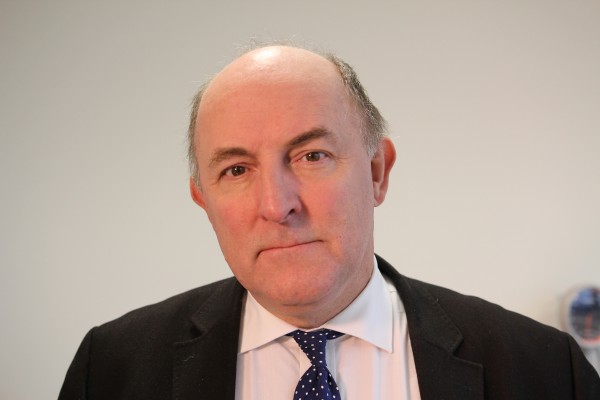New research improves risk prediction, prevention and treatment of breast cancer
Women screened for breast cancer could be given greater information on how likely they are to develop breast cancer, possible treatments to reduce their risk, and if it did develop, how likely it will respond to different treatments, according to new research from Manchester University NHS Foundation Trust (MFT) and The University of Manchester.
The study, funded by Prevent Breast Cancer and supported by the NIHR Manchester Biomedical Research Centre (BRC), found that using a combination of screening techniques could accurately identify whether women were at low (less than 2% chance), average (2-3.5%), above average (3.5-4.99%), or moderate/high (above 5%) risk of developing the disease within the next decade.
This research allows us to move away from a one-size-fits-all approach, to one that more accurately predicts a woman’s likelihood of developing breast cancer, based on a variety of risk factors such as DNA, breast density, family history and lifestyle factors.
Nikki Barraclough, Executive Director, Prevent Breast Cancer
Published in Breast Cancer Research & Treatment, the data is drawn from the initial Predicting Risk of Cancer At Screening (PROCAS) study, looking at 10,000 women aged 46-73 undergoing breast screening across Greater Manchester. Its findings could have a major impact into how often women of low and moderate/high risks are called back for follow-up screenings, and in deciding on treatments to try to prevent the disease in high risk women.
Led by Professor Gareth Evans, NIHR Manchester BRC Cancer Prevention & Early Detection Theme Lead, the study also found a strong link between high mammographic density and certain types of breast cancer.
Professor Evans, who is also a Consultant of Medical Genetics and Cancer Epidemiology at Saint Mary’s Hospital, part of MFT, and The University of Manchester, said:
“Screening and predicting a woman’s risk of breast cancer is largely based on standard risk factors, such as their age, weight, family history, and other characteristics.”
“This research shows that risk prediction is incrementally improved as you combine these factors with information on their breast density, and common genetic variations many of us carry that are known to increase risk.”

“This combined method gives women a much clearer picture on how likely they are to develop breast cancer, possible treatments to reduce their risk, and if it does develop, how likely it will respond to different treatments.”
Nikki Barraclough, Executive Director at Prevent Breast Cancer, said:
“The ground-breaking research being carried out by Professor Gareth Evans demonstrates how breast screening can be tailored to each woman, and suggests that screening frequency could potentially be altered to match a person’s risk.”

“This research allows us to move away from a one-size-fits-all approach, to one that more accurately predicts a woman’s likelihood of developing breast cancer, based on a variety of risk factors such as DNA, breast density, family history and lifestyle factors.”
“The new findings of this study show that by using a combination of techniques we can gain a better understanding of a woman’s risk, and this in turn could have implications as to the way we currently screen people e.g. offering women at above average risk more regularly screenings, such as annual checks, as well as potentially offering them preventative treatment such as medication or surgery.”
Current methods for predicting breast cancer risk in screening are based on the Tyrer-Cuzick (TC) model; an algorithm based on standard risk factors. This produces a percentage score compared to the national average. High mammographic density (DR) is also a well-established risk factor for breast cancer, though is not routinely incorporated into screening.
The study combined these two methods alongside genetic testing for common genetic risk variants, called single nucleotide polymorphisms (SNPs). This was particularly effective at identifying how likely women were to develop stage 2+ cancers, which may be detected earlier with more frequent screening or, prevented with treatments such as chemoprevention to reduce their risk.
In the UK women are screened every three years between the ages of 50 and 70, though this can start earlier in some trial areas, or if they have a history of breast cancer within their family.
Helen Whitehead, who recently took part in the screening, commented:
“I was more than happy to take part in this project, as I think it is a very important diagnostic tool that will make a real difference to many women, particularly the younger generation.”
“I’ve never personally been affected by breast cancer, though I have had the odd scare, as many women have. I’m now 70 and I’ve always gone for screening, as I would any other type of medical appointment or routine check-up.”
“Taking part was simple and I’d encourage everyone who’s eligible to take part to do so, as it takes so little time and helps towards such a deserving cause.”